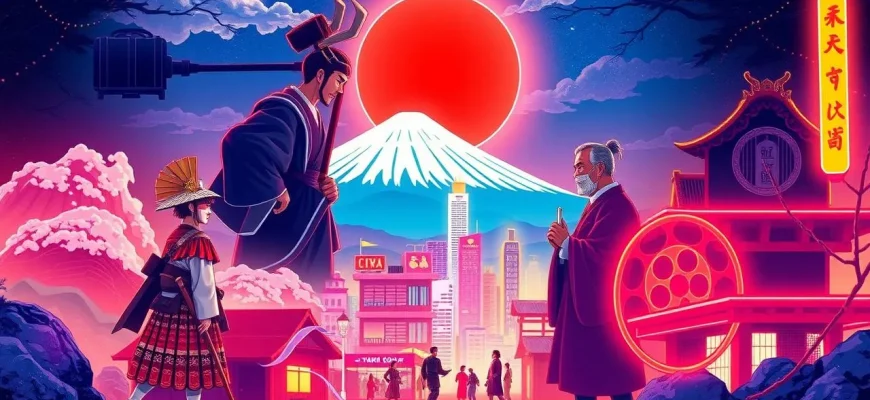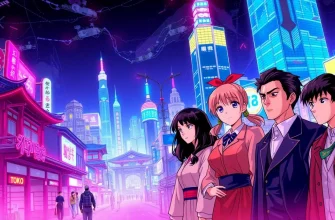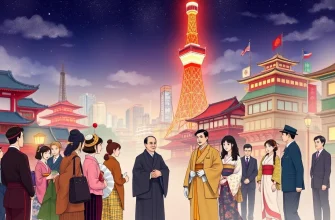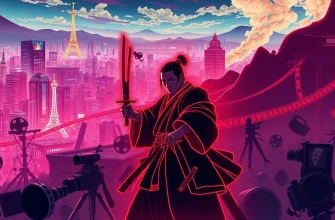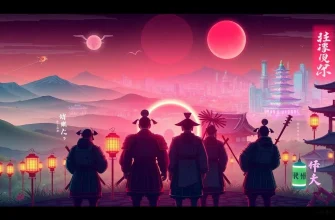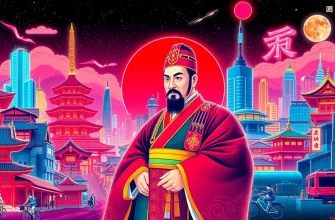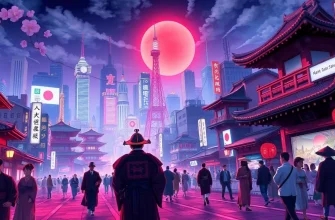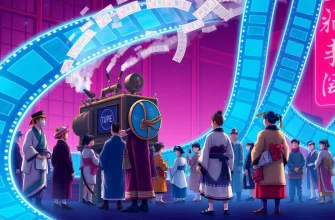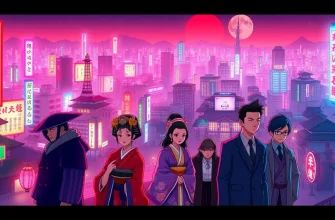Dive into the rich tapestry of Japan's history with this curated list of films that spotlight the lives and legacies of Japanese reformers. These cinematic gems not only entertain but also educate, shedding light on pivotal moments and figures that shaped Japan's destiny. From samurai to scholars, these films provide a window into the minds and motivations of those who dared to challenge the status quo.
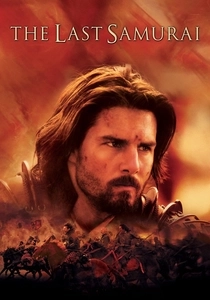
The Last Samurai (2003)
Description: This epic drama follows an American military officer who becomes embroiled in the Satsuma Rebellion, highlighting the clash between traditional samurai values and modern Western influences, a key aspect of Japan's Meiji Restoration.
Fact: The film was shot on location in Japan, and Tom Cruise underwent extensive training in samurai swordsmanship for his role.
 Watch Now
Watch Now

When the Last Sword Is Drawn (2003)
Description: This film delves into the life of Yoshimura Kanichiro, a member of the Shinsengumi, a group of samurai who fought to preserve the shogunate during Japan's transition from feudalism to modernity.
Fact: The film won several awards at the Japanese Academy Awards, including Best Picture.
 30 Days Free
30 Days Free

The Hidden Blade (2004)
Description: Set during the late Edo period, this film explores the life of a low-ranking samurai who must navigate the changing times and his own moral compass, reflecting the broader societal shifts during the Bakumatsu era.
Fact: The film is part of Yoji Yamada's trilogy on samurai life, focusing on the human aspects rather than the action.
 30 Days Free
30 Days Free

Samurai Rebellion (1967)
Description: This film portrays a samurai's rebellion against the feudal lord's unjust decree, showcasing the struggle between personal honor and loyalty to the daimyo, a common theme during Japan's tumultuous reform periods.
Fact: It was one of the last films directed by Masaki Kobayashi, known for his critical views on Japanese society.
 30 Days Free
30 Days Free

Harakiri (1962)
Description: Set in the Edo period, this film examines the decline of the samurai class and the harsh realities of the Tokugawa shogunate's policies, reflecting on the personal and societal impacts of Japan's reforms.
Fact: The film was remade in 2011, but the original remains a classic for its stark portrayal of samurai ethics.
 30 Days Free
30 Days Free

The Twilight Samurai (2002)
Description: This poignant story of a low-ranking samurai during the late Edo period captures the essence of a man caught between duty and personal desires, reflecting the broader societal changes of the time.
Fact: It won numerous awards, including Best Picture at the Japanese Academy Awards.
 30 Days Free
30 Days Free

The Sword of Doom (1966)
Description: This film follows the life of a ruthless swordsman during the Bakumatsu era, offering a dark perspective on the samurai ethos and the moral decay during Japan's transition to modernity.
Fact: The film ends on a cliffhanger, as the planned sequels were never produced.
 30 Days Free
30 Days Free

13 Assassins (2010)
Description: This film depicts the efforts of thirteen samurai to assassinate a cruel and corrupt lord, symbolizing the resistance against the oppressive feudal system during Japan's reformative years.
Fact: It's a remake of a 1963 film, with Takashi Miike's version noted for its intense action sequences.
 30 Days Free
30 Days Free

Hara-Kiri: Death of a Samurai (2011)
Description: A remake of the 1962 classic, this film explores the themes of honor, duty, and the decline of the samurai class during Japan's transition to the Meiji era.
Fact: It was Japan's submission for the Academy Award for Best Foreign Language Film.
 30 Days Free
30 Days Free

The Emperor in August (2015)
Description: This film focuses on the decision-making process leading to Japan's surrender in WWII, highlighting the internal reforms and debates among Japan's leadership.
Fact: The film was adapted from a novel and provides a detailed look at the political and military dynamics of the time.
 30 Days Free
30 Days Free

